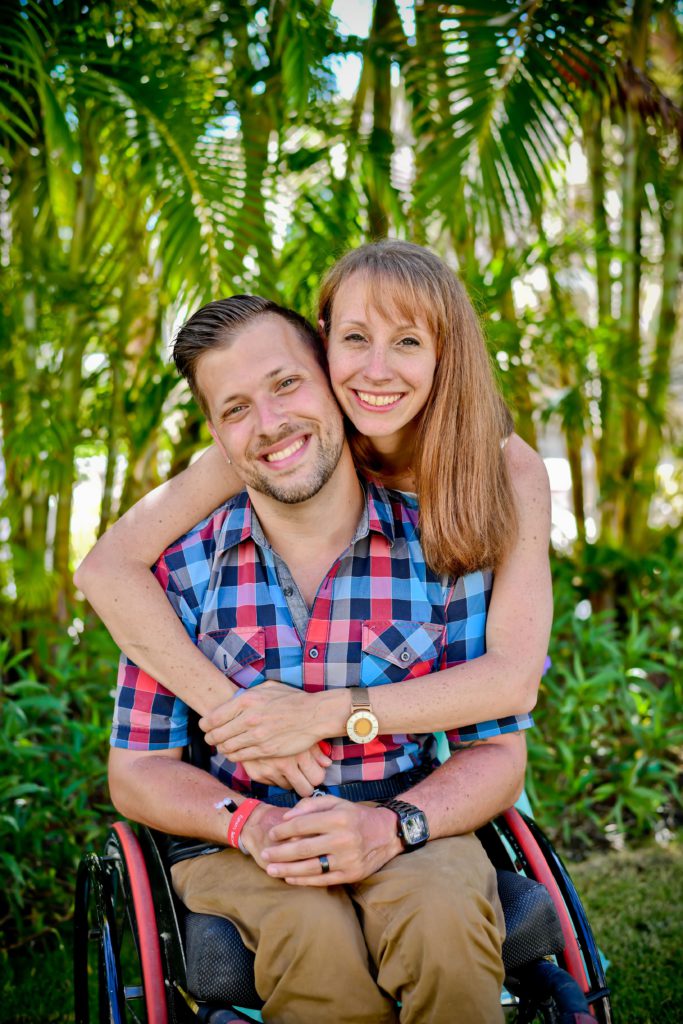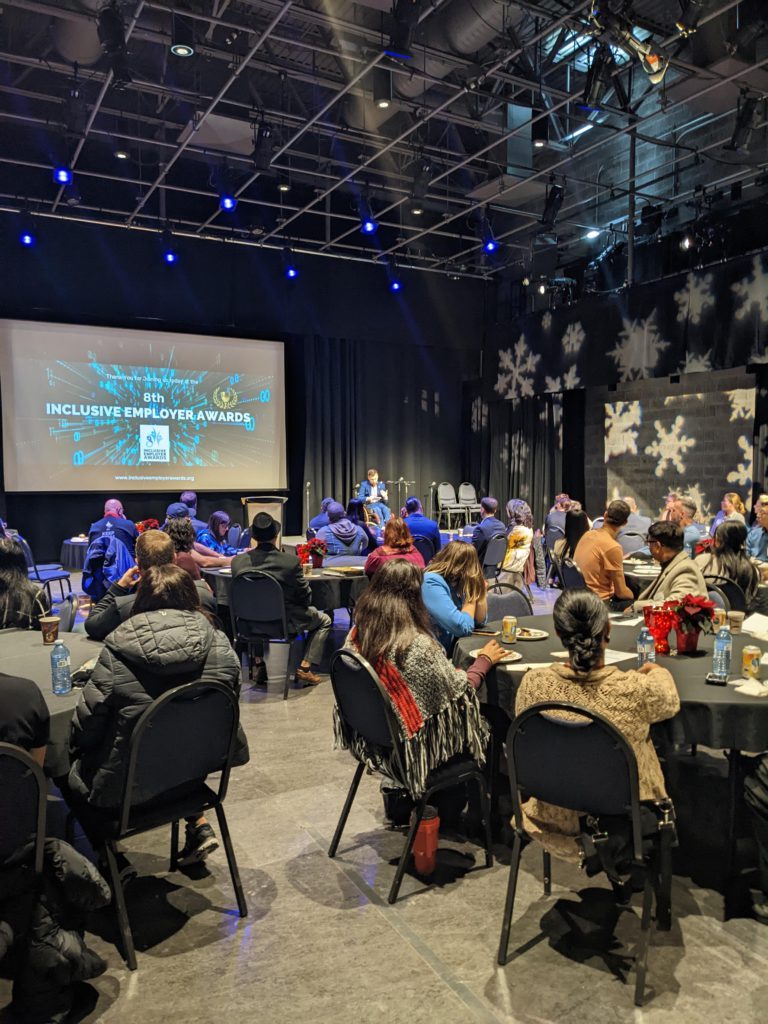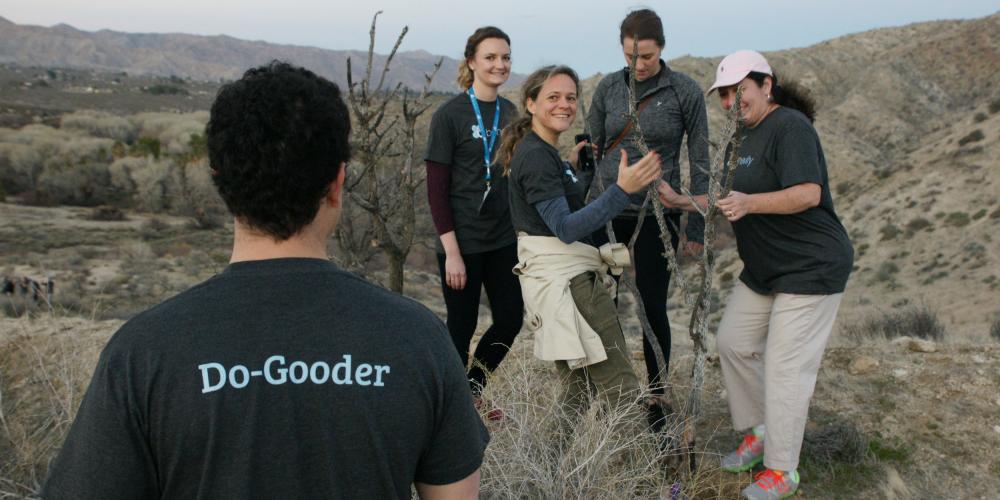With the Zero Waste Conference in the rearview mirror, the Sparx team is reflecting on another event we attended this year: the Canadian Circular Economy Summit 2023, hosted by Circular Economy Leadership Canada and Circular Innovation Council.
Back in June, we went on a purpose-driven event circuit, and the Canadian Circular Economy Summit was an important stop. We learned a lot from expert speakers and connected with so many people from a variety of backgrounds, all of whom are passionate about protecting the planet.
Keep scrolling for our impressions and takeaways, including what the event space was like, circular economy insights and models that could help drive action, and the critical need to increase awareness through the right messaging.
Connecting With Sustainability Champions
Located in bustling downtown Toronto, close to the waterfront, the Toronto Board of Trade Offices provided a beautiful setting for the Canadian Circularity Summit. With opening and closing notes held in the main auditorium, the use of multiple rooms for different sessions, and an open-air rooftop reception surrounded by the lights of the city, the organizers made the most of the space. Having snacks available at all times was another nice bonus. And, naturally, there was a real emphasis on walking the circular economy talk, with reusable dishes, utensils, and name tags; no physical swag; and minimal magazine distribution.
What was really encouraging was just how full the event space was. At least 500 folks from different backgrounds but with similar goals gathered together to learn, synergize, and track down opportunities to collaborate. We got to meet many people in the B2B, B2C, government, and education spaces, and we were delighted to see that both the speakers and attendees were diverse.
Something else that excited us was having the chance to share Make The World Better Magazine with such a wide range of like-minded people. Along with a stand with a QR code that could be scanned for a digital version of the magazine, we brought print copies along. By the end of day one, all 50 copies were gone!
Fresh Perspectives and Models for Action
We learned a lot from the enlightening sessions we attended and meaningful conversations we had throughout the two-day event. It was exciting to hear from such insightful speakers, including Honourable Steven Guilbeault, Canada’s Minister of Environment and Climate Change, and to catch success stories and innovative company presentations, like Collaskins.
Something that really struck us was the focus on using the event as a way to move the needle on circularity by having everyone contribute toward the development of a National Circular Economy Action Plan for Canada. Leading up to the event, a 10-point framework was created, which was used to guide event flow by keeping discussions action-oriented.
The 10 points in the framework are:
- Develop a shared roadmap and collaboration platform for a net-zero, climate-smart, circular future.
- Align and link CE and climate/biodiversity research, knowledge dissemination, and awareness.
- Better understand and integrate performance indicators, reporting tools, and standards.
- Transition markets and promote circular culture in support of climate-smart, circular businesses.
- Inspire and invest in place-based innovation to create regenerative local economies and resilient, inclusive communities.
- Design programs, policy, regulation, and procurement as innovative transition enablers.
- Create low-carbon, circular, waste-to-value opportunities across key sectors and supply chains.
- Mobilize and deploy climate-smart, circular funding and financing.
- Centre Indigenous leadership, engagement, and traditional knowledge.
- Strengthen the connection between CE and social benefits, including applying an equity lens.
During workshops and presentations, the Action Plan was a central topic, and delegates were given the opportunity to share their thoughts on what steps should be taken to bring it to fruition.
Another session that stood out was “Circular Design Principles: From Concept to Practice,” where Rosemary Cooper, Project Director of Share Reuse Repair Initiative, presented the Stuff in Flux 2 Playbook, which offers four global opportunities with mass market potential: Useful Stuff, Joyful Stuff, Stuff Connected to Nature, and Flowing Stuff (stuff moving in a flow in efficient ways). The Useful Stuff category was highlighted as an emerging market of customers who want products that are useful, have longer lifespans, and are made from quality products that can be repaired more easily. In general, as perspectives on “stuff” shift globally, new opportunities for circular innovations are arising.
On day two, Ken Webster’s keynote also provided an interesting perspective — one that takes on a systems-level view of the circular economy — along with different ideas that could facilitate a path to circular economy uptake. He discussed ascribing value to the natural resources we extract, such as gold and oil, and creating a CO2 fee and “climate dividend” in order to build a fair, effective, and sustainable climate policy. He also pitched a “Material-as-a-Service” model that would incentivize reuse, with a complete supply chain that generates a continuous revenue stream for a region where a material is mined.
The Critical Need for Circular Economy Communications
Throughout the Summit, it became clear that lack of awareness is a real obstacle to circular economy adoption. To solve this, it’s critically important that we educate people on the circular economy and how zero-waste initiatives can fit into their lives.
The “Mainstreaming Circular Culture: The Need and the Opportunity” breakout session spoke to this issue and the need to align the right message to the right audience, which is what marketers already inherently do.
An important challenge was brought forth: going beyond the people who are considered “eco-niche” and already interested in being more sustainable. To address this, Rosemary Cooper presented the SHIFT model (Social Influence; Habit Formation; Individual Self; Feelings and Cognition; Tangibility). The purpose of this model is to turn intention into action by going beyond guesswork through understanding your audience’s behaviour drivers and designing tailored messaging, and going beyond the eco-niche through appealing to a broader audience.
During this session, OneEarth Living‘s Dr. Vanessa Timmer, Executive Director, and Dagmar Timmer, Managing Director of Strategic Initiatives, discussed the “throw away” model and the origins of this culture: 1950s marketing. If marketing was powerful enough to create this culture, it has the power to rewrite the narrative and cultivate a sustainability-centred culture.
Additionally, if we look through a motivation lens, by designing communications that appeal to everyone, we can raise awareness and attract a wider audience based on shared motivations. Creating messaging and stories around specific issues can help build toward this.
With the right messaging, we can inspire demand for change and increase demand for zerowaste goods and services, which is the first step toward large-scale innovations and policy developments that advance sustainability. The goal is to enable the circular economy to be the “default” — by making it the easiest and most convenient option.
Outside of this session, the conversations we had with attendees supported the sentiment that there’s not enough circular economy awareness in Canada and the world, with many people unaware of its existence. This tells us that marketing efforts in this space should be focused on educational content and storytelling more than traditional techniques. By educating, presenting data, and landing on the right messaging, advocacy and marketing can help change consumer and business behaviour.
In light of this critical need for communications and attendee interest, we hosted an Open Space Marketplace session during the Summit on the importance of marketing in creating demand for circular economy solutions. We were able to help many professionals in the field figure out the path forward for advancing their mission.
Create Demand for Circular Economy Solutions With Sparx
While the room was full of like-minded and passionate individuals, it’s apparent that most of the population is not aware of the circular economy. There’s a real opportunity for us to work together to move the needle by educating consumers and businesses to create demand.
Are you looking to reach Canadians with your circular economy story? We can help you find the right path for advancing your mission. Contact us for a free marketing consultation.











